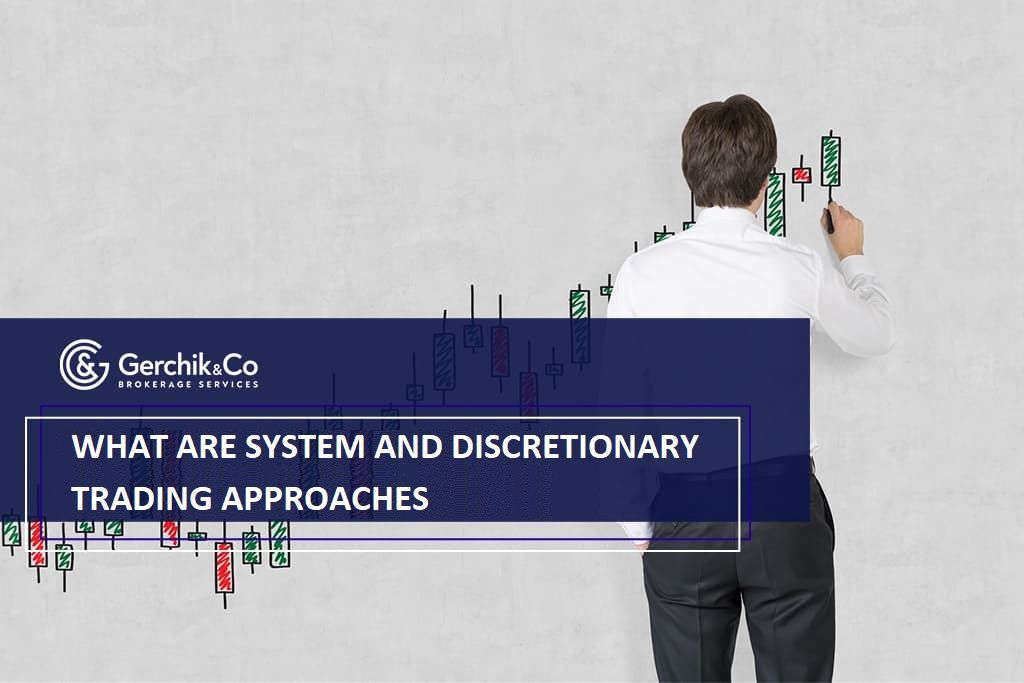
We continue talking about the fundamentals of trading. When analyzing articles and educational programs aimed at teaching how to trade in financial markets, you have probably noticed that a great emphasis is placed on the importance of having a system.
However, system trading is not the only possible way to make trades. Another option is to use a discretionary approach to exchange trading.
Today, we are going to discuss both of these methods so that you can make a truly informed decision and pick the one that makes sense for you.
1. System Trading: Definition
2. Secrets of System Trading
3. Discretionary Trading and Its Features
The trading system and a strict observance of its rules form the backbone of the system trading. This means that if the trading strategy that you are using gives you a signal to open a position, that’s exactly what you do, no questions asked. Why is that so?
Each strategy implies that there will be both profitable and losing signals. However, as long as the overall result of the profitable trades covers the losses resulting from losing trades, you are good. If you skip a signal after a series of losing trades, it may be damaging to the overall yield because that one signal could have generated profit.

The system-based approach will generate profits if the strategy which lies at the heart of it is also profitable, and there are also clearly outlined money management rules.
FUN FACT:
Some people say that system-based trading illustrates the male approach to trading whereas the discretionary one resembles the female mindset. But we believe in equity, so it’s up to every trader to decide which one works for them personally.
While the system-based approach implies that all signals given by the trading strategy must be used, discretionary trading leaves the choice to traders. With that said, it doesn’t mean that discretionary traders trade chaotically. They just have the liberty to skip a certain trading signal when they believe there is a high likelihood of loss.
For instance, your trading strategy suggests that you should open a long position whenever the price bounces off the support level upwards. However, at some point, the trader may realize that the current bounce isn’t going to work out.
This can be explained by several things. Major news is about to be released, there are additional interim levels that may stop the growth, the ratio between the stop loss and take profit is not unfavorable, or position will be closed manually earlier while take profit has not been achieved yet.
Before you choose discretionary trading, you need to fully master the system-based approach first. To achieve that, you must acquire relevant knowledge (Reboot of Your Trading training course can help you with that ), practice, and invest your time into gaining the necessary experience and understanding of the market and how it works.
Login in Personal Account